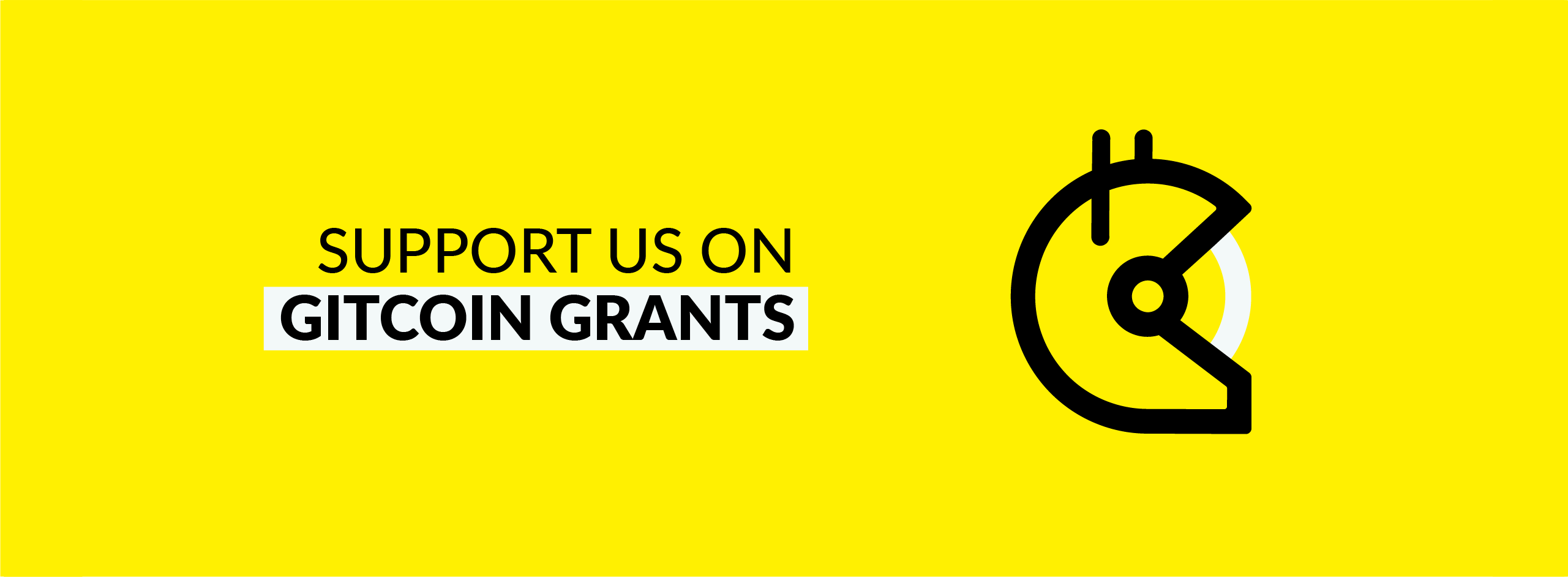EIP-6969 Generalized Contract Secured Revenue
Monday, May 8, 2023

Quick Take
- Zak Cole proposes EIP-6969 for generalized Contract Secured Revenue (CSR).
- Altlayer launches a multi-sequencer rollup.
- CoW Swap adds support for fTokens.
- Gravita unveils its borrowing protocol.
Support ETH Daily in the Gitcoin Grants Beta Round!

EIP-6969 Generalized Contract Secured Revenue
Zak Cole and Kevin Owocki have co-authored and proposed EIP-6969, a new standard that seeks to add Contract Secured Revenue (CSR) on EVM-based L2 networks. Contract Secured Revenue is a mechanism that rewards contract creators with a percentage of gas fees paid by users when interacting with their smart contracts.
The higher the gas spend, the higher the compensation. The EIP has been criticized for potentially incentivizing developers to write gas-inefficient smart contracts. While EIP-6969 can be applied on any chain that supports EIP-1559 logic, Owocki does not recommend applying it on L1 in order to remain credibly neutral. Optimism software engineer Kelvin Fichter previously proposed bringing Contract Secured Revenue (CSR) to Optimism through a new op-chain.
Altlayer Launches Multi-Sequencer Rollup
AltLayer, a Rollups-as-a-Service provider, launched a multi-sequencer network for rollups. A multi-sequencer network ensures a network remains available in the event that a sequencer suffers downtime. Currently, all rollups rely on a single sequencer, which can lead to paused transaction processing in the event of downtime.
Single sequencer networks also hold centralized control over transaction processing, ordering, and MEV. AltLayer’s multi-sequencer network is now available in a phase one testnet release, which uses the Sepolia testnet as its L1 network. The release also includes a rollup bridge, a block explorer, and a Galxe campaign for users called Altitude.

Gravita Unveils LST-Backed Borrowing Protocol
Gravita Protocol unveiled its borrowing protocol backed by liquid staking tokens (LSTs). Developed as a fork of Liquity Protocol, Gravita features its own stablecoin called GRAI that will feature similar mechanics to LUSD. Borrowers can deposit liquid staking tokens as collateral to obtain interest-free loans of up to 90% in LTV.
Gravita features collateralized debt positions called vessels. Borrowers are charged a fixed 0.5% borrowing fee on each new vessel or debt increase. Gravita will initially refund the fee for users who successfully repay their loans within 6 months. Gravita is still under development and did not specify a launch date.
CoW Swap Supports Flux Finance fTokens
CoW Swap now supports fTokens, a token by Flux Finance that offers tokenized exposure to US Treasuries. Flux Finance is a lending protocol built and governed by Ondo Finance. The protocol allows users to deposit stablecoins in order to mint fTokens, which offer yield exposure to real-world assets.
CoW Swap is able to support fTokens through Seasolver, a special solver dedicated to settling exotic defi tokens. Seasolver was initially developed in collaboration with Yearn Finance to support token swaps between ytokens. The tool provides access to MEV protection on CoW Swap.
Ben Edgington’s Upgrading Ethereum Book
Ethereum developer Ben Edgington added a section covering the Capella upgrade to his Upgrading Ethereum book. Ben has been writing a technical handbook on Ethereum since 2021. The book is a work in progress and consists of over 300 pages so far. Upgrading Ethereum covers milestones on Ethereum’s transition to proof-of-stake and is accessible at eth2book.info.

